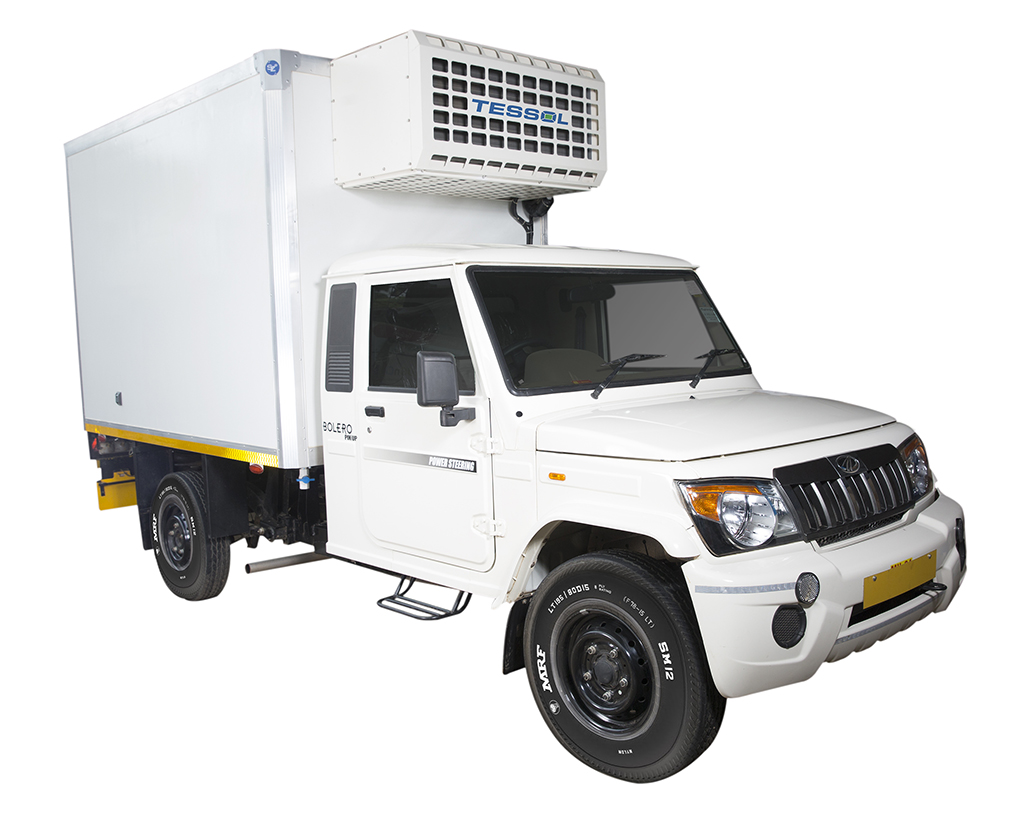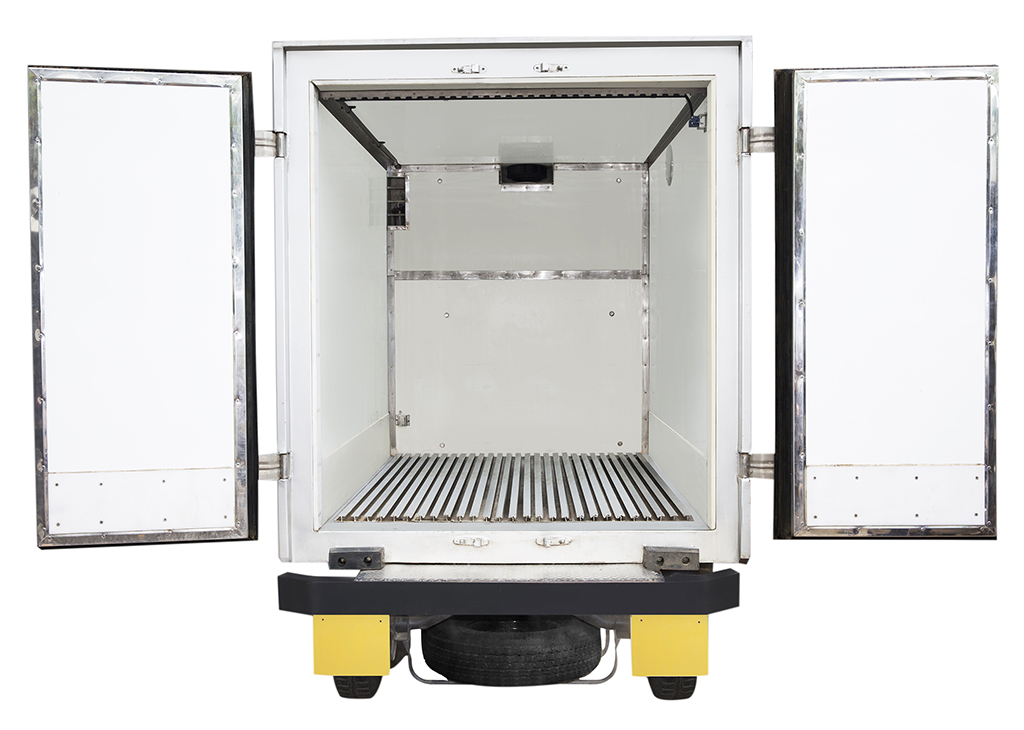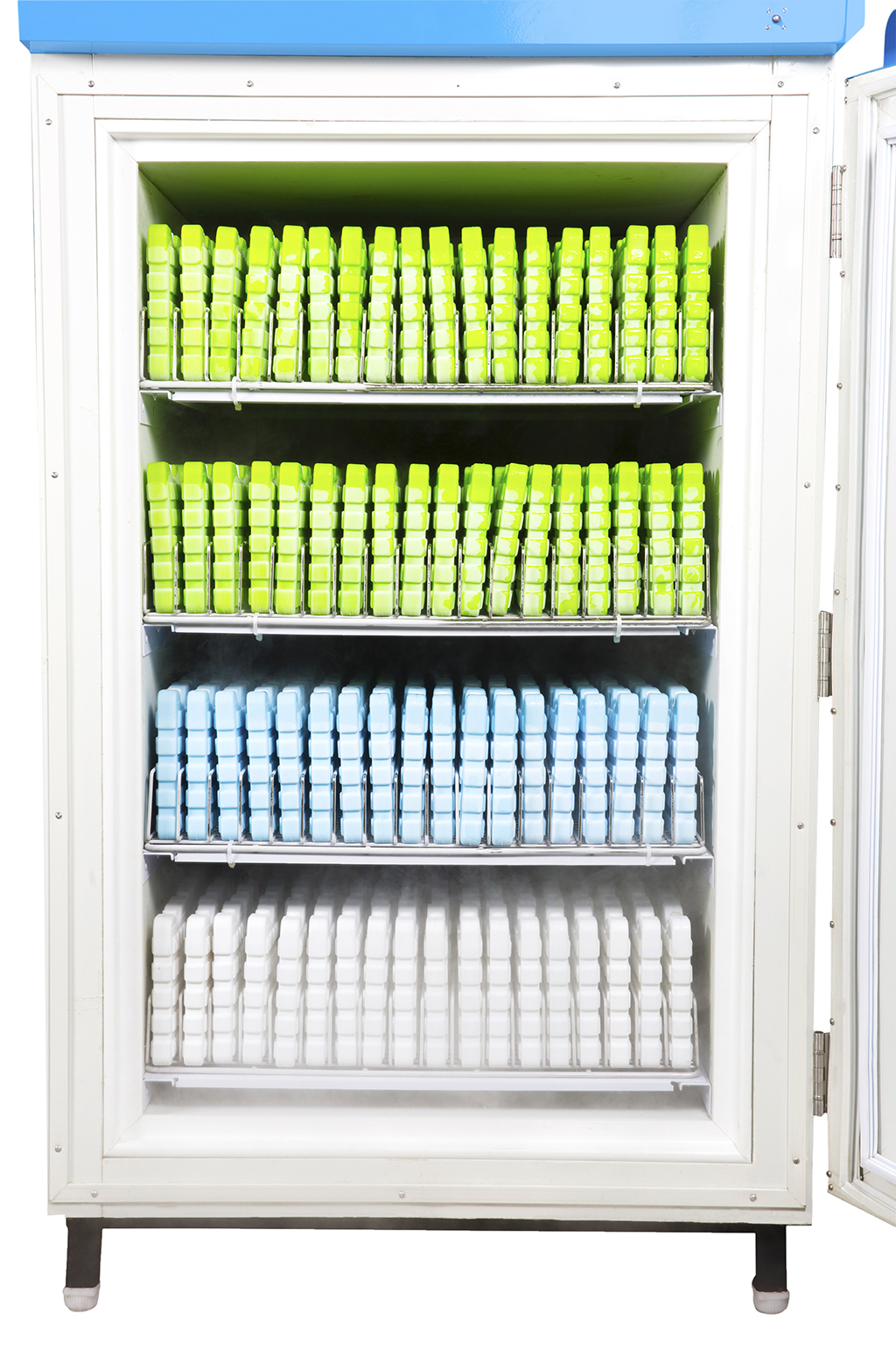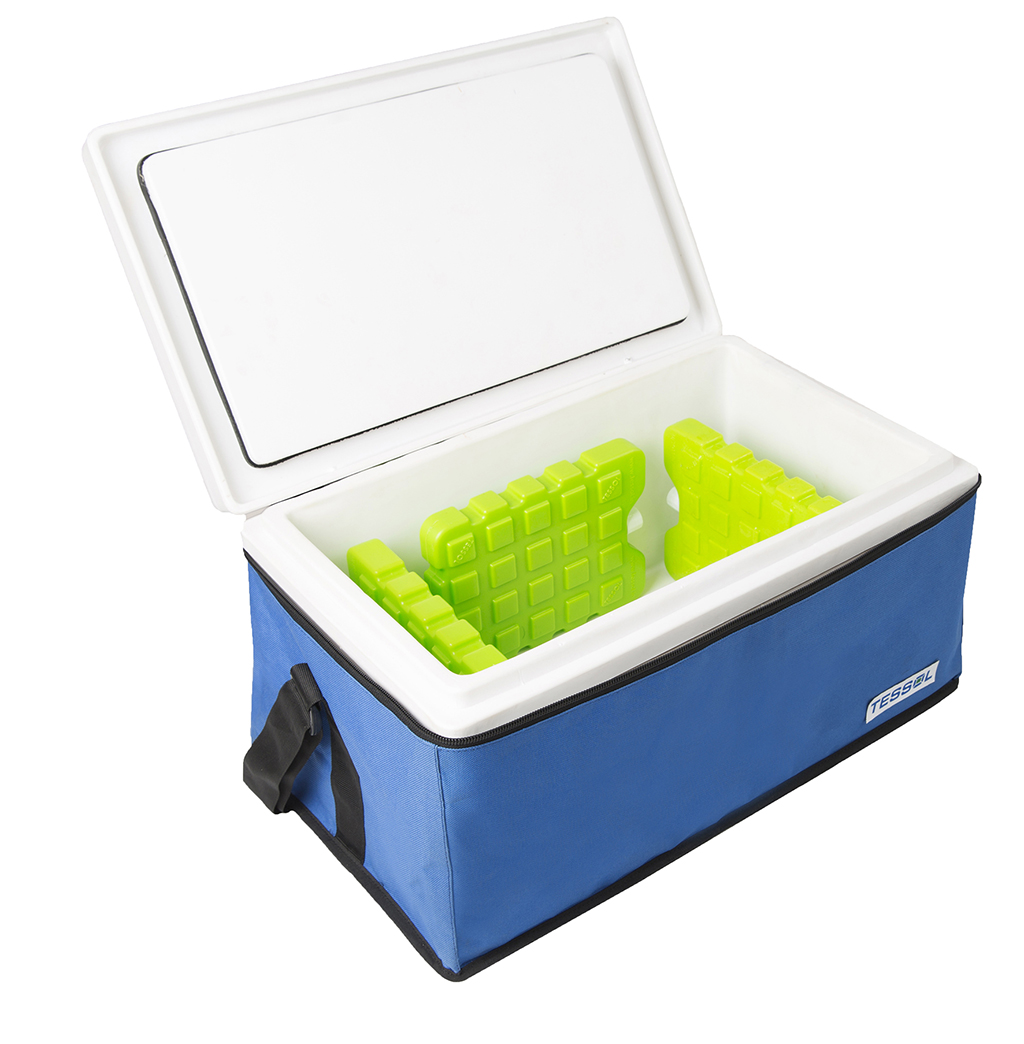
TESSOL is a cold chain technology company building products to enable viable and reliable cold chain applications across all food and pharmaceutical products. Rajesh Rajgor engages in an exclusive interaction with Rajat Gupta, Founder and CEO, TESSOL to know more about the company’s products and growth strategy

Thermal Energy Service Solutions (P) Ltd. (TESSOL) was founded in 2013 with the goal of solving the problem of temperature-controlled food and pharmaceutical delivery in India. Today, the company has a wide range of products, both in terms of temperature required and size, from a food transportation standpoint that can help large customers transport essentials. Their solution that replaces dry ice for long distance movement of frozen food is quite noteworthy. Having worked with more than 200 customers over the last eight years, TESSOL has built a fair expertise on cold chain distribution while also forging relationships with operating companies to offer end-to-end solutions to these brands.
Owing to rapid urbanisation, frozen foods, ice creams, fresh and chilled agricultural items like fruits and vegetables, dairy products, and other products have seen tremendous expansion and acceptance over the previous decade. The outbreak of the pandemic fuelled the growth of e-commerce and last-mile delivery, both of which require a reliable cold chain from the point of manufacture to the consumer’s door. What TESSOL has created is a viable solution that can be reused. Most of their last mile solutions are passive in nature, i.e. they are not dependent on a plug point connection to cool. Founder and CEO Rajat Gupta explains: “We use proprietary formulations called Phase Change Materials (PCM) that can store energy for cooling and heating. Once they store, they can maintain temperatures for a period from one hour to 100 hours depending upon the application.”

Technology to the Fore
Today, TESSOL is serving clients across segments like ice cream, frozen foods, e-commerce, bakery, fruits and vegetables, confectionery, vaccines, etc. So, how is TESSOL dealing with such a diverse market demand? “We have put our technology on to platforms ranging from a massive truck to a medium-sized box to a little bag delivering a small packet of butter or ice cream to your door,” Gupta states. His company’s solutions allow pharmaceutical and food industries, as well as logistics organisations, to carry vaccines and other items from source to end customers without breaking the cold chain in a temperature-controlled environment.

Temperature regulation from -25 degrees Celsius to +25 degrees Celsius is achieved using TESSOL’s proven ‘thermal battery’ technology in enclosures ranging from a 5-litre bag to a 20-foot (10 tonne) truck. Its primary technology consists of proprietary PCM heat exchangers and chargers that store thermal energy (thus the term ‘thermal battery’) and release it as needed during transit. Unlike many other start-ups, TESSOL began as a technology venture looking for an application for distributed energy storage for heating and cooling applications. In the process of evaluation and market research, TESSOL zeroed in on the cold chain.

“We realised that cold chains are evolving rapidly with e-commerce and increased food processing and therefore cold chain will require not only a solution that is more economical but also one that is more environmentally sustainable. Our solutions need no power source during transport and are independent of the type of vehicle used. This offers huge flexibility on size and transport vehicle, thus increasing access to fragmented general trade and also reduces the cost significantly. A smaller vehicle engaged in general trade retail will mean lower vehicle capex and higher fuel efficiency in addition to saving on fuel for cooling. All the savings on fossil fuel while impacting the bottom-line also have a significant environmental impact,” he reveals.
Growth with Flexibility
TESSOL’s unique solutions not only ensure the safe preservation of temperature-sensitive items but also guarantee that profits on investments are realised. Their vehicle-independent technology removes the possibility of product harm due to vehicle failure. The use of modern Phase Change Materials and the displacement of diesel with electricity allow the sustenance of temperatures in enclosures ranging in size from 1 tonne to around 5 litres. Furthermore, the design has fewer moving parts, which means lower maintenance expenses. “With a payback of less than a year, our solutions can help you save up to 60% on operating costs. By displacing 1,000 litres of diesel each year for a conventional 1 tonne vehicle, our technology ensures a pollution-free environment,” Gupta elaborates.

When it comes to geographical reach TESSOL has already established a pan-India presence. The company has dedicated partners who are located in metro and Tier I cities. “The benefits of all our passive solutions are that they require almost no maintenance and service and offer great savings and value for money to customers. We have added a lot more clients in additional 20 cities that deliver essential services,” informs Gupta. With a lot of focus on home deliveries and life-saving drugs being made available in remote areas of the country, there will be tremendous growth that will translate into expansion for TESSOL. The firm is ambitious and also looking at a separate pharmaceutical vertical that can cater to life-saving drugs.
“With the focus on vaccination distribution in India, demand for temperature-controlled distribution has skyrocketed. We are currently pursuing this market as India ramps up its vaccine campaign,” Gupta reveals. Both institutional and last-mile grocery e-commerce segment have benefited from the pandemic and its lockdowns. In the food logistics industry there’s a lot of momentum in e-commerce. “As supply systems have evolved, so have people’s sensitivity to the quality of food they consume. When you consider the movement of vaccines and other pharmaceutical logistics, the demand for cold chain solutions is only going to increase. The number of inbound inquiries has nearly doubled in comparison to two years ago, indicating increased actual movement on the ground. We believe this will translate into 100% year-on-year growth for us as well,” he concludes.
—
TESSOL’s Technology
• Battery SWAP: SWAP solutions work on the principle of physically ‘swapping’ an exhausted thermal battery for a freshly charged one. Therefore, the solutions contain a central charging station with thermal batteries that are swapped in the temperature-controlled enclosures. SWAP solutions work best in case of an under 1 tonne vehicle, partly refrigerated cargo, three or two-wheeler solution.
• TAMsys: TAMsys is a remote asset management system built on an AWS IoT platform and multiple hardware device types (device agnostic). The platform is designed to log in all cold chain assets – cold rooms, vehicles, freezers and even delivery boxes. This information layer provides asset information in terms of asset health, SOP and performance. The platform (currently under beta phase) is a unique and extremely powerful tool giving a one-stop MIS to customers across their chain.